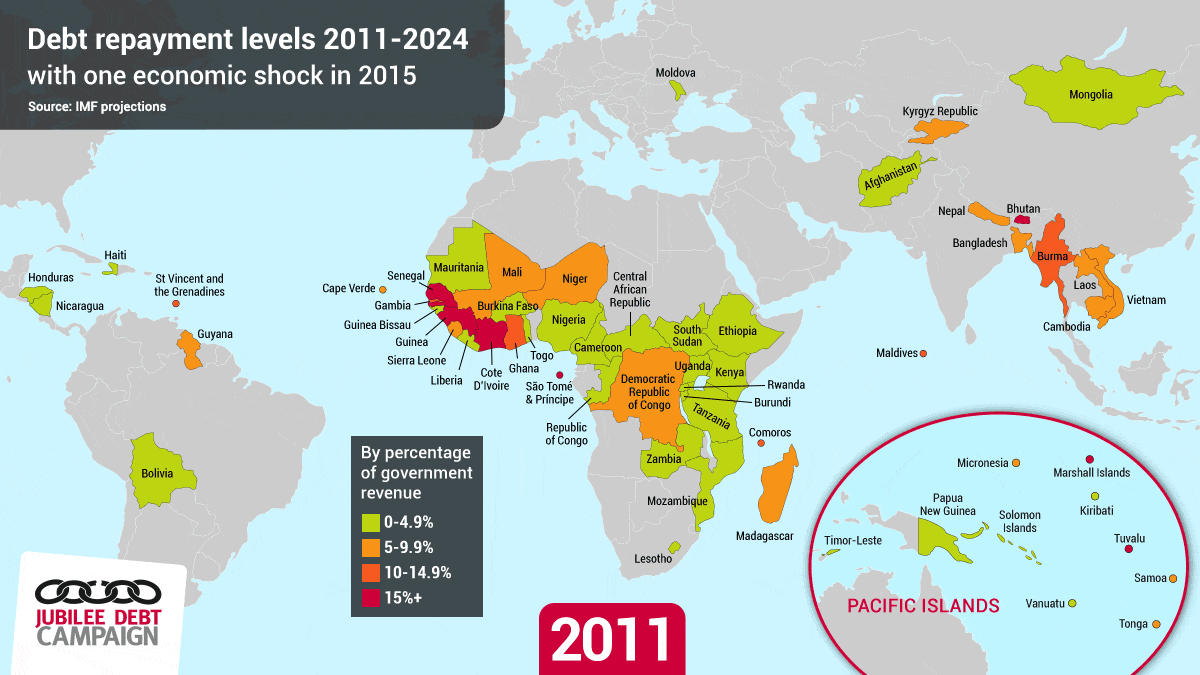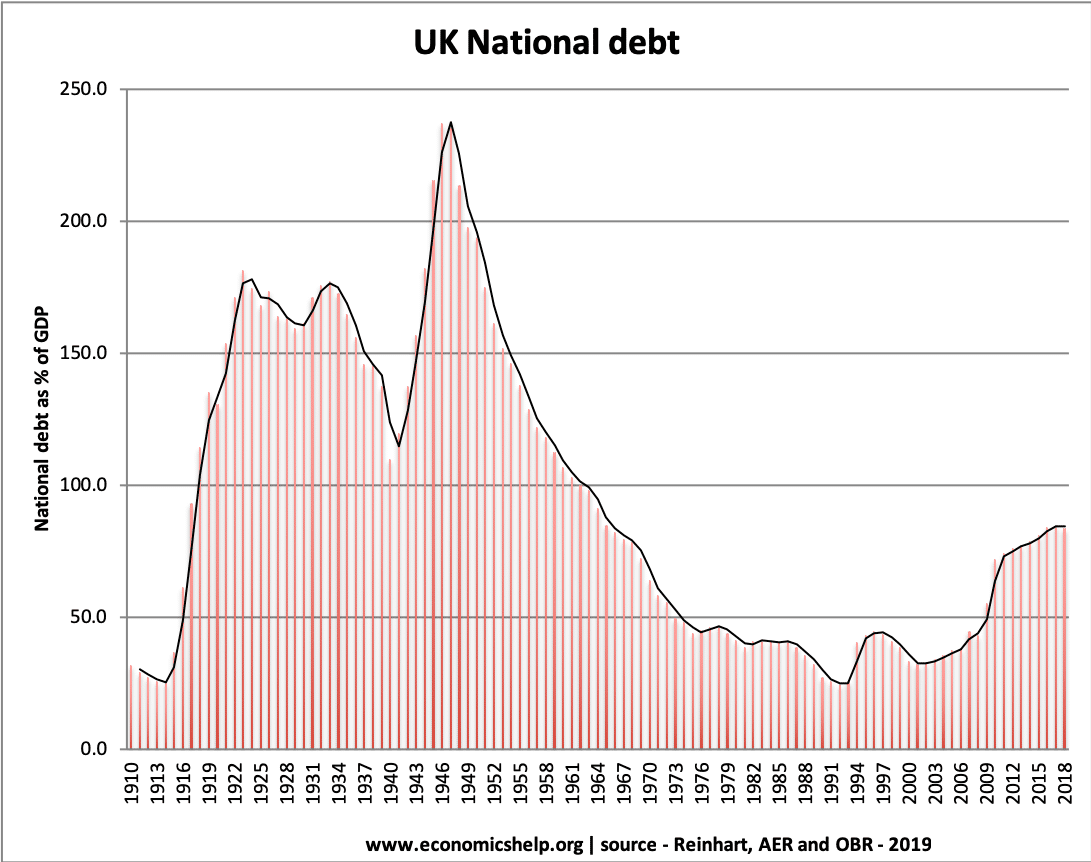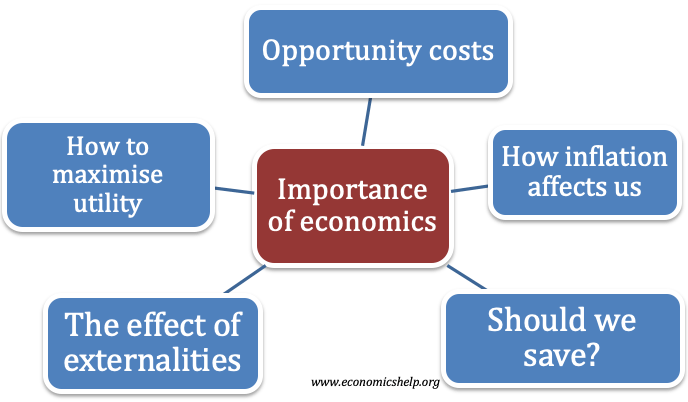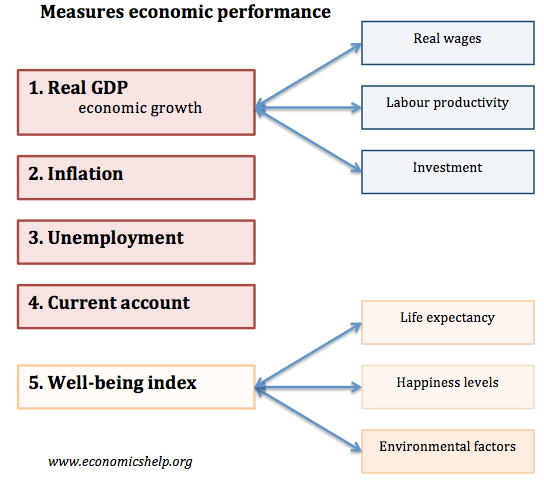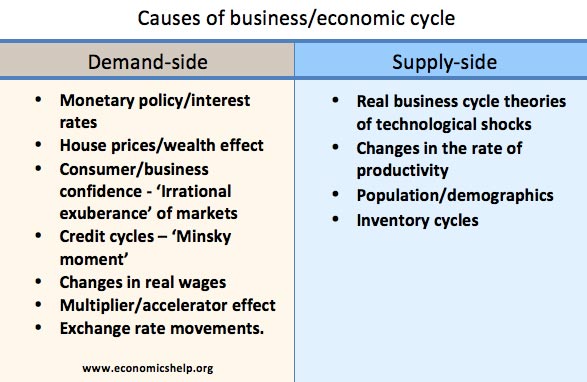Reasons for Third World Debt
Definition Third World Debt: Third world debt is the external debt that governments in developing countries owe to foreign banks and foreign governments. Many of the countries with third world debt, gained their independence post-1945. Some countries like Indonesia acquired debts from the colonial rulers (Dutch) but for most countries their debt accumulated during the 60s, …

